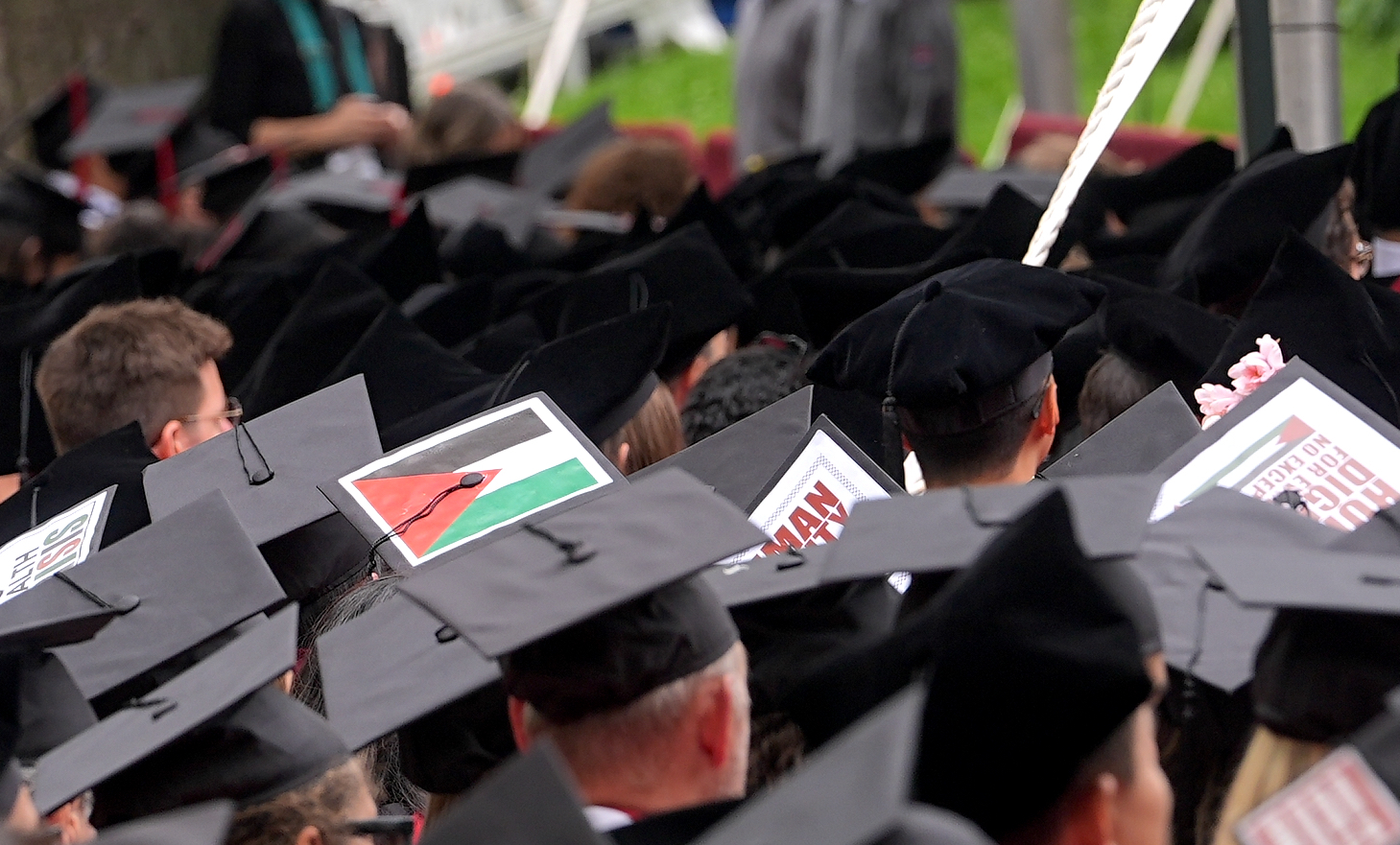US Science Edge: Can Foreign Student Magnetism Endure?
For decades, the United States has reigned supreme as a global scientific powerhouse, attracting the brightest minds from around the world. This dominance, however, is facing new challenges, raising concerns about the future of American leadership in science and technology.
From Exodus to Excellence: A History of Brain Gain
In the early 20th century, the landscape of scientific research was vastly different. Europe held the position of global scientific leadership, while the United States lagged behind, particularly in fields like physics. The rise of fascism in Europe triggered a “scientific exodus,” as brilliant minds like Albert Einstein and Enrico Fermi sought refuge in America. These refugees fundamentally reshaped the US scientific landscape, contributing significantly to groundbreaking advancements and solidifying the nation’s position as a scientific superpower. The US capitalized on this influx of talent by investing heavily in federally funded university science programs, creating a thriving ecosystem that attracted researchers from every corner of the globe.
Turning Off the Spigot? Visa Restrictions and Global Competition
However, recent policy changes, particularly those initiated during the Trump administration, have cast a shadow over this long-standing tradition. The suspension and curtailment of visas from 19 countries raised concerns about the US’s commitment to attracting and retaining international talent. This shift coincides with the rise of other nations investing heavily in scientific research and development, offering competitive opportunities for foreign students and researchers. China, in particular, is emerging as a major player, attracting talent with significant research funding and state-of-the-art facilities.
The Stakes: Innovation and Global Leadership
The ability to attract and retain top foreign students and researchers is critical for the United States to maintain its competitive edge in science and technology. Foreign-born scientists and engineers have consistently made significant contributions to American innovation, driving economic growth and addressing critical global challenges. Restricting access to these talented individuals could have far-reaching consequences, potentially hindering scientific progress and diminishing the United States’ role as a global leader in innovation.
The future of American scientific leadership hinges on its ability to remain an attractive destination for international talent. Addressing concerns about visa policies, fostering a welcoming and inclusive environment, and continuing to invest in research and education are crucial steps to ensure that the United States remains a magnet for the world’s brightest minds. Failing to do so risks ceding ground to emerging scientific powerhouses and undermining the nation’s long-standing tradition of scientific excellence.
Based on materials: Vox





